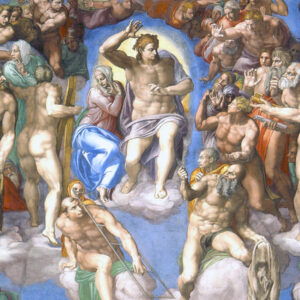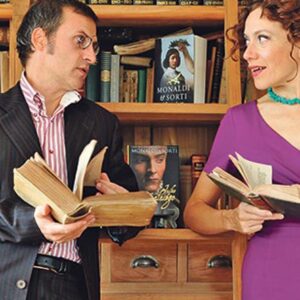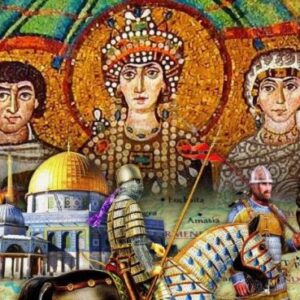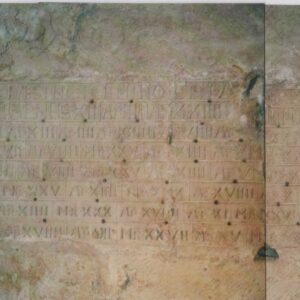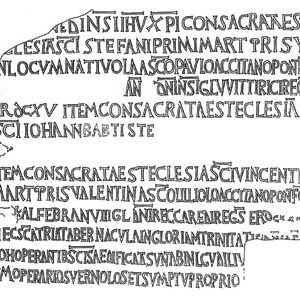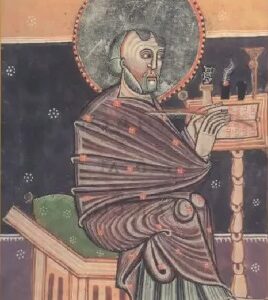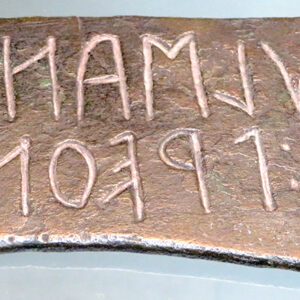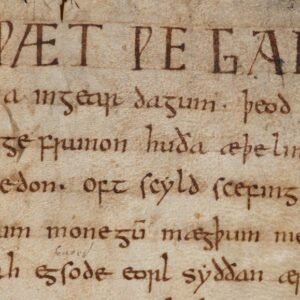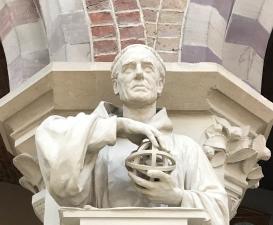Middle Ages
-
An Introduction to Chronology Criticism
Brief summary of our current knowledge: our present-day chronology is based on a reconstruction of history after catastrophes that interrupted tradition.
-
Monaldi & Sorti: The Mystery of Time
Review of a novel by Monaldi & Sorti: Mysterium In Addendum II to “Hardouin – Settling Accounts”, following Rainer Scmidt’s hint, I have already referred to the book “Mysterium” by Monaldi & Sorti,…
-
Juxtaposition of the theses of Topper and Heinsohn
Heinsohn’s archaeological-stratigraphical and Topper’s astronomical-chronological theory of time falsification of the history of the 1st millennium after Christ – a comparison of standards, results and open questions, by Peter Winzeler. Preliminary note by…
-
Easter Dates in an Inscription at Périgueux
Easter dates in an inscription in the old cathedral of Périgueux – who designed them and when ? In summer 2010 I visited the town of Périgueux in Western France in search of…
-
The ERA, a medieval chronological reckoning
The Julian or province-era, generally called ERA, was widely documented throughout Europe during the Middle Ages from the 5th to the 15th centuries at a time long before our modern AD-reckoning came into…
-
Computists and Chronology
Medieval Christian monks who worked on calculating human history from Adam to the Last Judgment were called “Computists”. These monks created schematic chronological tables, in which appeared packages of years whose numbers had…
-
Runes and the Etruscian-Venetian Alphabet
A problem for chronology and for the theory of communication The fundamental proposition of the communication-theory says: It is impossible not to communicate. For each sender of an information there is a receiver.…
-
Kammeier and the false Middle Ages
Wilhelm Kammeier, born on October 3, 1889, began his work on historical criticism in 1923. But in 1926 the manuscript, “The universal falsification of history”, could not find a publisher.
-
The Beowulf Epic is a Fake!
The Beowulf is an old english manuscript, conserved in England and supposed to date back to the 8th century. But now it has been discovert as fake.
-
The Calendar Nonsens
Review of the book by D. E. Duncan. The International Bestseller, "The Calendar", by David Ewing Duncan (London 1998)
